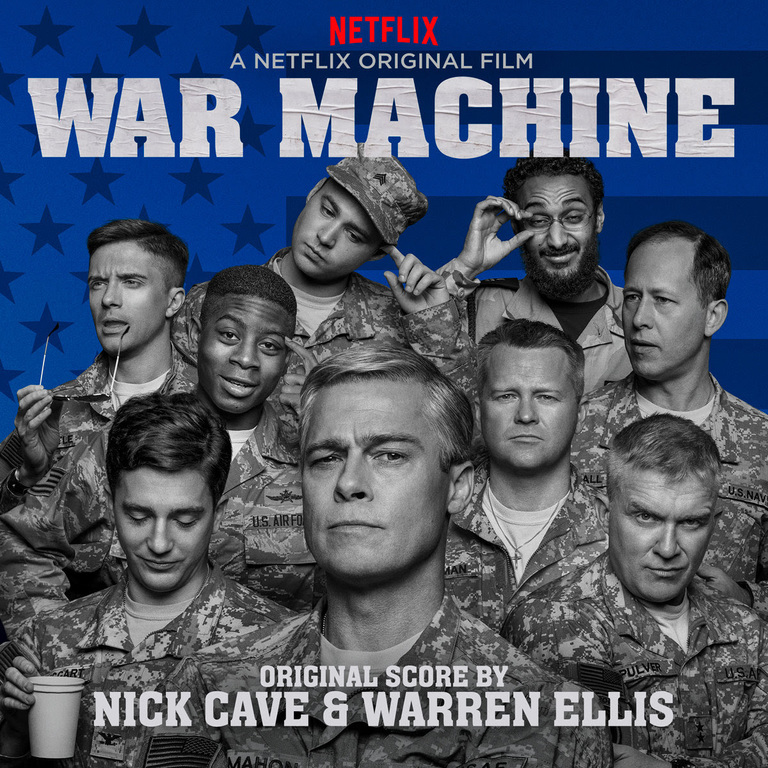The positioning of Foo Fighters and Ed Sheeran as two-thirds of this year’s Glastonbury headliners serves as unflinching sober reflection of what kind of art can scream the loudest. Given that we presently fight for breath amidst the mindless avalanche that is meme and ‘tag your mates' culture, perhaps a gargantuan musical summit occupied by a glorified bar band and a busker done good isn’t so bad after all, and it’s not like you can’t saunter off and find something more to your tastes.
Still, there exists the nagging sense that standards are falling and that the ordinary is the new extraordinary. If this is indeed a tangible thing and not an unrealistic projection based on the laments of an increasingly jaded critic – hello! - then the sisters Haim might well be the ideal standard-bearers for such a movement. Drenched in throwback power pop vibes and relatable subject matter, their brand of wholesome participation medal music clicks into requisite demographics but is nonetheless curiously devoid of any real substance.
This is the kind of music that artificial intelligence will be creating in the near future, should such dystopian chart-based horror come to pass. Sleek, polished, fine-tuned to every conceivable demand and safer than Fort Knox, Something To Tell You is less artistic expression and more laser-focused consolidation. While that may be the smartest play for a global-reaching, mainstream-satisfying second effort in 2017, it’s a quite hollow and depressing statement, but then again so too is the narrative of a record that refuses to allow for intriguing subtext.
Or much of any subtext, really. A tracklisting that throws out variations on the word ‘you’ five times in its first six utterances prompts cause for a lack of introspective concern, but hey, books and covers and all that. Dive that little bit deeper and as the sun-kissed studio-sewn strains of ‘Want You Back’ rise and fall – complete with awkward tropical house ‘flourishes’ – and you’re rewarded with a rote tale of devotion that will ultimately be contradicted by the time you get to ‘Right Now’, and while that’s unquestionably the strongest cut on offer, arriving there following an identikit barrage fails to connect as a compelling, earned arc.
You might argue that grasping for what lies beneath ignores a keenly determined focus on lean pop creations and confessional balladry, and that would be fair enough were Something To Tell You anything other than aggressively beige even during its most well-realised moments. ‘Little of Your Love’, for instance, spawned from the difficult process of meeting a time-sensitive commission for the film Trainwreck, so you can imagine how integral that one feels. Elsewhere, ‘Nothing’s Wrong’, ‘Ready For You’ and a neatly percussive title track do little to dispel the notion that Haim are little more than this decade’s answer to Heart.
Still on the surface, damning phrases like ‘studio fuckery’ and ‘production bullshit’ as voiced in a recent Rolling Stone interview prove rather bizarre when the guiding hand of Ariel Rechtshaid gets busy with just about every button and dial available, ramping up the glamour in order to mask impuissant arrangements. In this context, even the rather stripped back ‘Right Now’ fails to escape the garish parade, as there’s simply too much going on in the final mix. ‘Night So Long’, meanwhile, is so tonally off and maudlin that it might as well be called ‘Mournful Second Album Closer’.
You can see what Haim were going for throughout Something To Tell You, how this direction makes complete sense as a follow-up to the warmly received Days Are Gone. Rechtshaid has pop sensibilities for days, as do collaborators Rostam Batmanglij, Dev Hynes and Twin Shadow’s George Lewis Jr., while the masses generally lap up the ‘same but different’ thing. Something To Tell You is no disaster and you could do worse for background listening whilst tackling the ironing or something, but music really shouldn’t be quite this uninspired, nor should the artists at the helm. Catch them on the Pyramid Stage in a couple of years.
-
4Dave Hanratty's Score






















